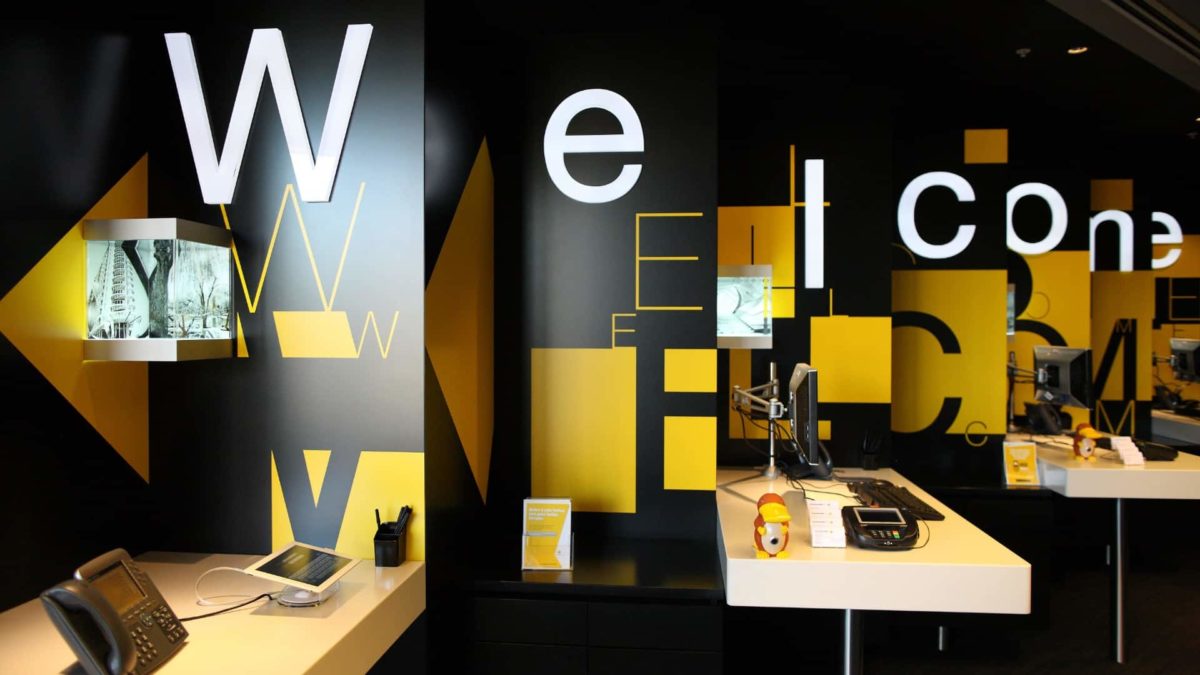The Commonwealth Bank of Australia (ASX: CBA) share price is in the red today as the bank announces its plans to re-enter the invoice financing market.
In the front half of June, CBA's share price surpassed the $100 mark and rallied to $106.57. Since then, the CBA share price has taken a subsequent downward turn back below the century milestone.
At the time of writing, Commonwealth Bank shares are trading hands at $98.49, down 0.72%.
Keeping the cash flowing for SME
According to reports from The Australian, Australia's biggest bank is jumping back into the invoice financing game after more than a decade.
For a bit of context, invoice financing is a method of borrowing for businesses where its accounts receivable, or 'invoices' are used as the collateral. This can give small and medium-sized enterprises (SMEs) access to cash to grow while waiting for customers/clients to make payments.
Reportedly, CBA will be partnering up with another ASX-listed peer to make it all possible. A company known as Waddle will provide the bank with real-time accounting data to make lending assessments through its cloud-based lending platform. If Waddle sounds familiar it might be because the company was acquired by Xero Limited (ASX: XRO) late last year.
In discussing the return to invoice financing, CBA Group Executive of business banking, Mike Vacy-Lyle said:
While small businesses traditionally use fixed assets such as property to secure an overdraft or loan, we have developed Stream Working Capital, which will allow customers to access funds by using their outstanding invoices as loan security. The loan size reduces automatically as invoices are paid, so customers never pay for credit limits they don't need.
Invoice lending without the green tinge
While invoice financing sounds similar to the lending fiasco that derailed Greensill Capital, there is a key difference. Importantly, ASX-listed CBA won't be directly buying businesses' accounts receivable.
Instead, SMEs will simply be able to convert 40% to 80% of the value of their invoices to loans. The businesses will still need to manage their own invoices and ensure the payments are made.
CBA Executive General Manager, Clare Morgan detailed that now was the right time for the bank to launch a technology-enabled product. Previously, other invoice financing efforts were considered resource-intensive and vulnerable to fraud.
Furthermore, Ms Morgan commented on the move:
They are [CBA customers] also face increasing pressure from suppliers wanting to be paid earlier and buyers wanting to extend payment terms.
Using invoices to access credit addresses this issue and can provide some peace of mind for businesses which can now access cash locked up in their invoices – it's an essential part of helping small businesses recover and grow as they continue to navigate a new operating environment during the pandemic.
More money for ASX-listed CBA
CBA didn't become ASX's biggest bank by being altruistic. Businesses that use the invoice financing product can expect to pay an interest rate in the high single-digits. This rate will also depend on the risk associated with the customer and invoice.
Finally, as part of the partnership Commonwealth Bank will pay Waddle a licensing fee for using its platform.








